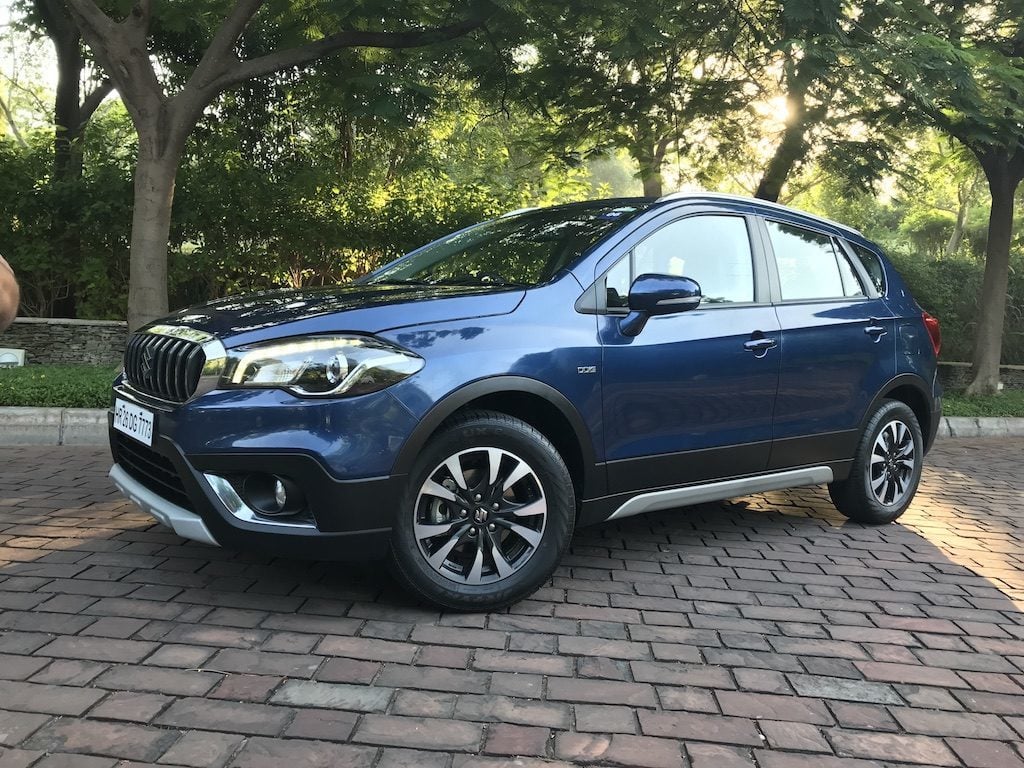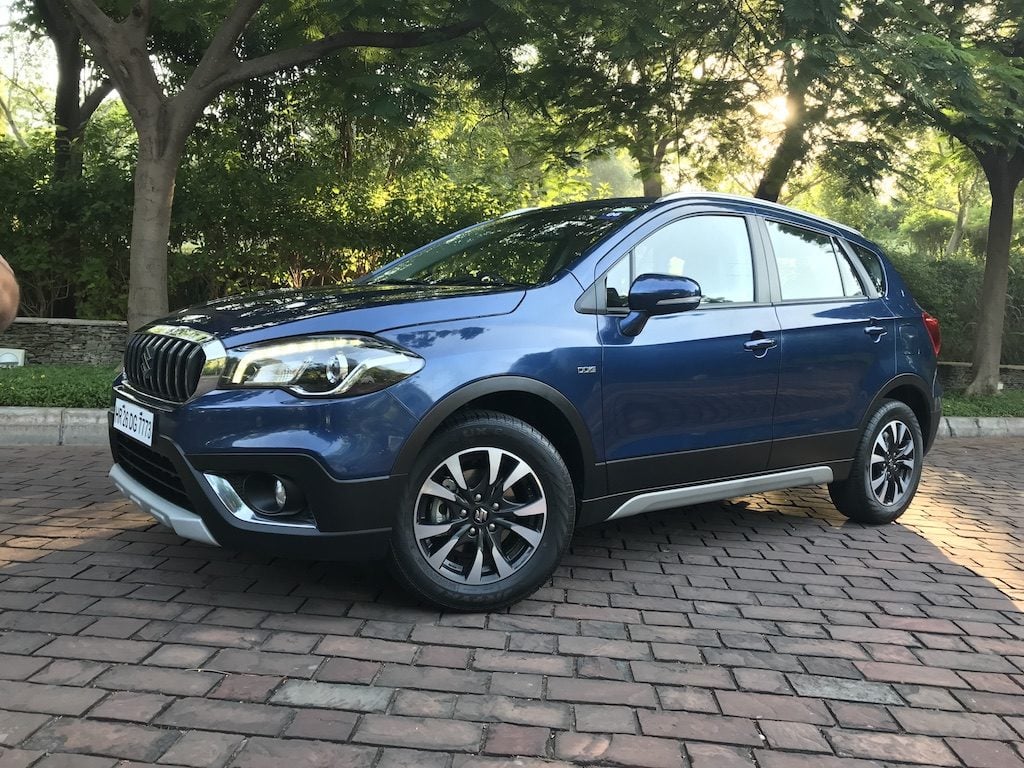Maruti now has eight cars in its lineup updated with BS-6 engines. While it continued selling the BS-4 cars as well, its stocks have now started drying up.
Maruti is amongst the very first manufacturers which have started launching BS-6 compliant cars in India well ahead of the deadline. It started the trend back in April this year, with the BS-6 compliant Alto 800. After that, Maruti quickly launched other cars as well.
After launching these BS-6 vehicles, Maruti stopped the production of BS-4 vehicles. So, the dealerships were just left with the leftover stock for which they had time until March 2020 to get over with. Now, going by fresh reports from Moneycontrol, Maruti has already started exhausting its BS-4 inventory.

Right now, over all of its dealerships in India, Maruti has only 14 days worth of BS-4 stock remaining. After this, Maruti will only have BS-6 cars for sale, which is a good milestone for India’s biggest four-wheeler manufacturer.
Also Read: Maruti S-Cross and XL6 Might Get A BS-6 Compliant 1.6 Litre Diesel Engine
In a quote to Moneycontrol, Shashank Srivastava has said “We have run out of BS-IV stocks in most of the models where we have introduced BS-VI version. For instance, Alto and Baleno we have run out of stock for the BS-IV version, Wagon R, Swift petrol, Ertiga also do not have BS-IV stocks.”
Going through surveys by many independent companies, a lot of buyers are unaware if buying BS-4 is better or not. While a lot of them think that it is the right time to buy vehicles because they are cheaper. However, some are confused if they should wait till April and think that they will have to change the engine soon.
BS-6 fuel will run perfectly on BS-4 cars and vice versa. The transition will only take a mild toll on fuel efficiency, whereas other things will work out fine. Delhi NCR has already started selling BS-6 fuel out of most of its petrol pumps.
Also Read: What To Expect From The Premium Maruti WagonR a.k.a The XL5?
With BS-6 norms incoming, the prices of petrol cars are likely to increase up to Rs 50,000 for all types of cars. As for the diesel, the prices will go up by around Rs 2.5 Lakhs, maximum for all types of cars.


